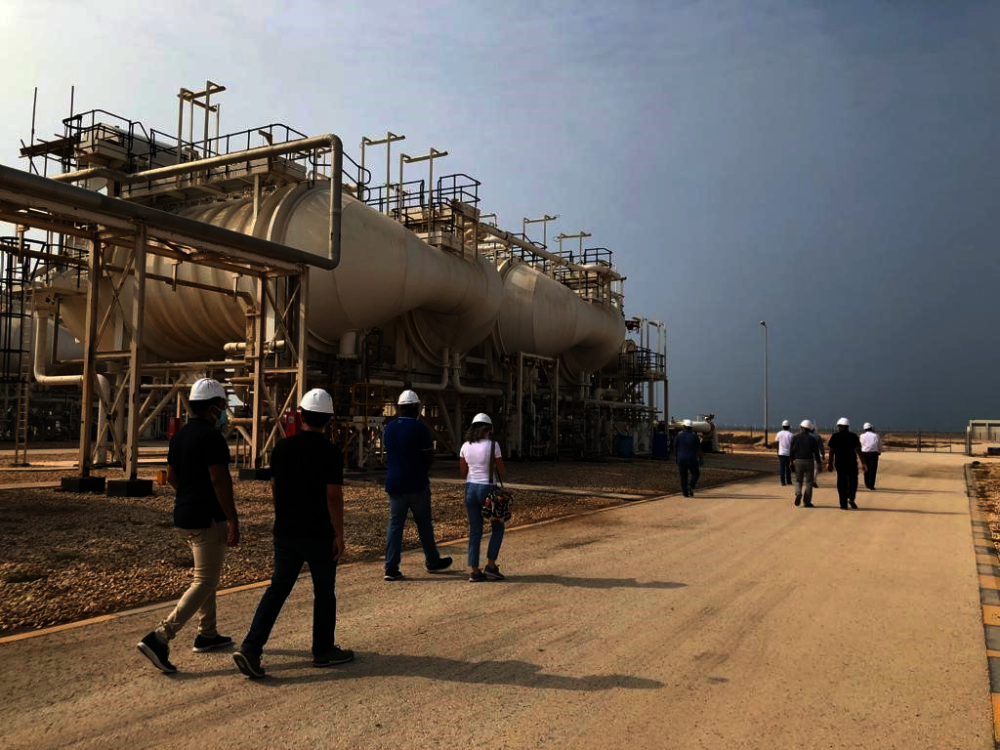Qatar meets more than 40% of its total freshwater demand from desalination, with significant government subsidies to cover production costs, according to Moody's, an international credit rating agency.
This reference was made in Moody's latest article 'Water management is a credit risk for one-third of sovereigns, many emerging markets', which otherwise found that the GCC (Gulf Co-operation Council) countries have been investing in water scarcity solutions since the 1980s, such as adopting desalination and wastewater reuse technologies to address extreme water stress.
In the case of Saudi Arabia, which is the world's largest producer of desalinated water by volume, it said most of its water supply came from non-renewable underground sources.
The UAE meets around 48% of its drinking water demand through desalination and continues to expand its capacity despite environmental costs, whereas Kuwait and Bahrain also rely heavily on desalination to address water stress.
Finding that mitigation efforts will be costly but reduce credit risks over long run; it said governments with strong water management policies and procedures, and financing capacity will be able to better manage the consequences of water stress and avoid associated credit pressures.
These are mainly GCC economies such as Bahrain, Qatar and the UAE, along with Singapore. Initiatives at the global level can also help address water management issues without putting too much of a burden on individual sovereigns' fiscal strength and liquidity buffers.
According to Global Water Intelligence, Qatar has made "significant" strides in its water security strategy by embracing seawater reverse osmosis (SWRO) desalination technology. In just seven years, SWRO has emerged as a key contributor to Qatar's municipal water network, providing over 48% of the country's potable water needs.
Qatar's National Environment and Climate Change Strategy (QNE), announced in 2021, recognises the need to rely on reverse osmosis as a sustainable technology in the region to produce more than 55% of desalinated water.
The Qatar National Vision 2030 also has a particular focus on reducing consumption, improving conservation, and on the circular water economy, highlighting the value of research, development, and innovation (RDI) in implementing the Sustainable Development Goals (SDGs).
Ras Abu Fontas A3 Seawater Reverse Osmosis desalination plant forms part of the Ras Abu Fontas Independent Water and Power Plant (IWPP) in south Doha. It has a capacity of 163MLD (million litres per day).
Umm Al Houl Power (UHP) is another IWPP located at Qatar Economic Zone in Qatar. It was built with an MSF (multi-stage flash) desalination unit with a capacity of 455MLD and with a SWRO plant with a capacity of 280MLD whose construction started in 2015.

A desalination plant in Qatar. File picture

